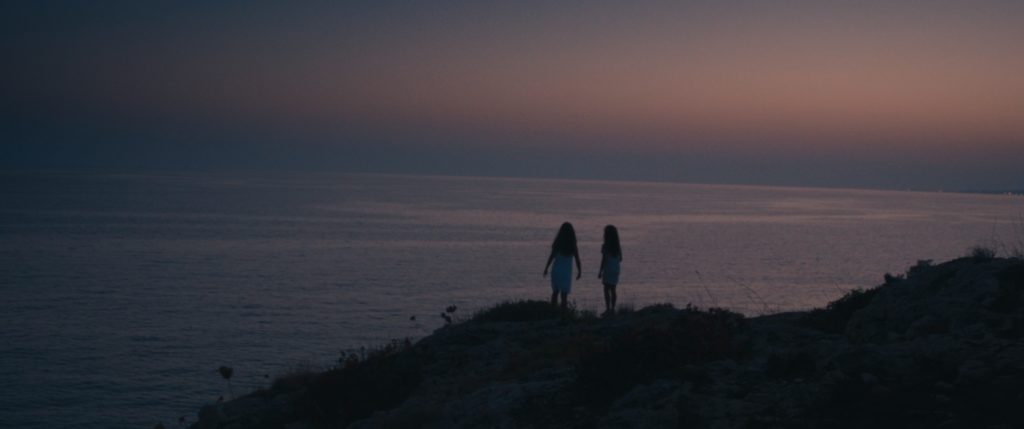Jacqueline Zünd was born in Zurich, Switzerland. Her debut film, “Goodnight Nobody,” has been shown at many international film festivals and won numerous awards such as Best Newcomer at Visions du Réel and a special mention at DOK Leipzig. Her film “Almost There” premiered in competition at IDFA Amsterdam and won a Swiss Film Award in 2018.
“Where We Belong” will screen at the 2019 Full Frame Documentary Film Festival on April 6.
W&H: Describe the film for us in your own words.
JZ: Parents split up and children are left behind with their thoughts. “Where We Belong” focuses on five children of separated parents, and asks what it means to live in constant transition between two homes. The film approaches their reality and focuses on how fragile children are — but also how brave, smart, and funny they are in response to their situation.
W&H: What drew you to this story?
JZ: When dealing with separations and their consequences, it‘s usually the adults who do all the talking — they make the decisions, they discuss, and they analyze. I was interested in the children’s point of view. It was important to me not to portray them as passive victims, but to understand how they are perceiving everything. What is important to them? What hurts them? What can they manage effortlessly? And what seems insurmountable?
I wanted to ask them the questions which parents avoid because they’re afraid of the answers, or because they want to protect the kids from their own reality.
W&H: What do you want people to think about when they are leaving the theater?
JZ: That we should never forget to listen to children or underestimate their view of the world.
W&H: What was the biggest challenge in making the film?
JZ: The biggest challenge was to find the kids. Or better: To find parents who let their kids talk freely. Many of the parents were worried that the kids would divulge intimate details or shed a bad light on one or both of the parents. What makes matters worse is that separated parents often disagree. If one of them thought the film was a good thing, the other might have been against it for that same reason. I had to be patient.
W&H: How did you get your film funded? Share some insights into how you got the film made.
JZ: I was very lucky — I won a wonderful Documentary Film Competition here in Switzerland funded by Migros Kulturprozent. The winner of the competition gets their entire film funded.
W&H: What inspired you to become a filmmaker?
JZ: I started with photography as a teenager and fell in love with the magic of light and the texture of an image. And I’m still in love with those things.
W&H: What’s the best and worst advice you’ve received?
JZ: I don’t like advice in general. I think I am sort of unresponsive to it.
W&H: What advice do you have for other female directors?
JZ: Even though I don’t like to give advice, I’ll make an exception here: You don’t have to be better — even if you are. We have the same right as men to make bad movies.
W&H: Name your favorite woman-directed film and why.
JZ: There are so many of them. Like: Alice Rohrwacher’s “Happy as Lazzaro,” Eliza Hittman’s “Beach Rats,” Ursula Meier’s “Sister,” Chloé Zhao’s “Songs My Brothers Taught Me,” Laura Bispuri’s “Sworn Virgin,” and Maren Ade’s “Toni Erdmann.”
W&H: It’s been a little over a year since the reckoning in Hollywood and the global film industry began. What differences have you noticed since the #MeToo and #TimesUp movements launched?
JZ: Here in Switzerland, things move slower. Consider this incredible fact that women in Switzerland have only been allowed to vote since 1971. #MeToo is and was perceived as an important movement here. But it seems to me that the #MeToo movement is rather observed from a distance here. We talk about what’s going on in the USA or Germany, but we hesitate to investigate our own environment and speak up. I would like to see more courage and openness here.







